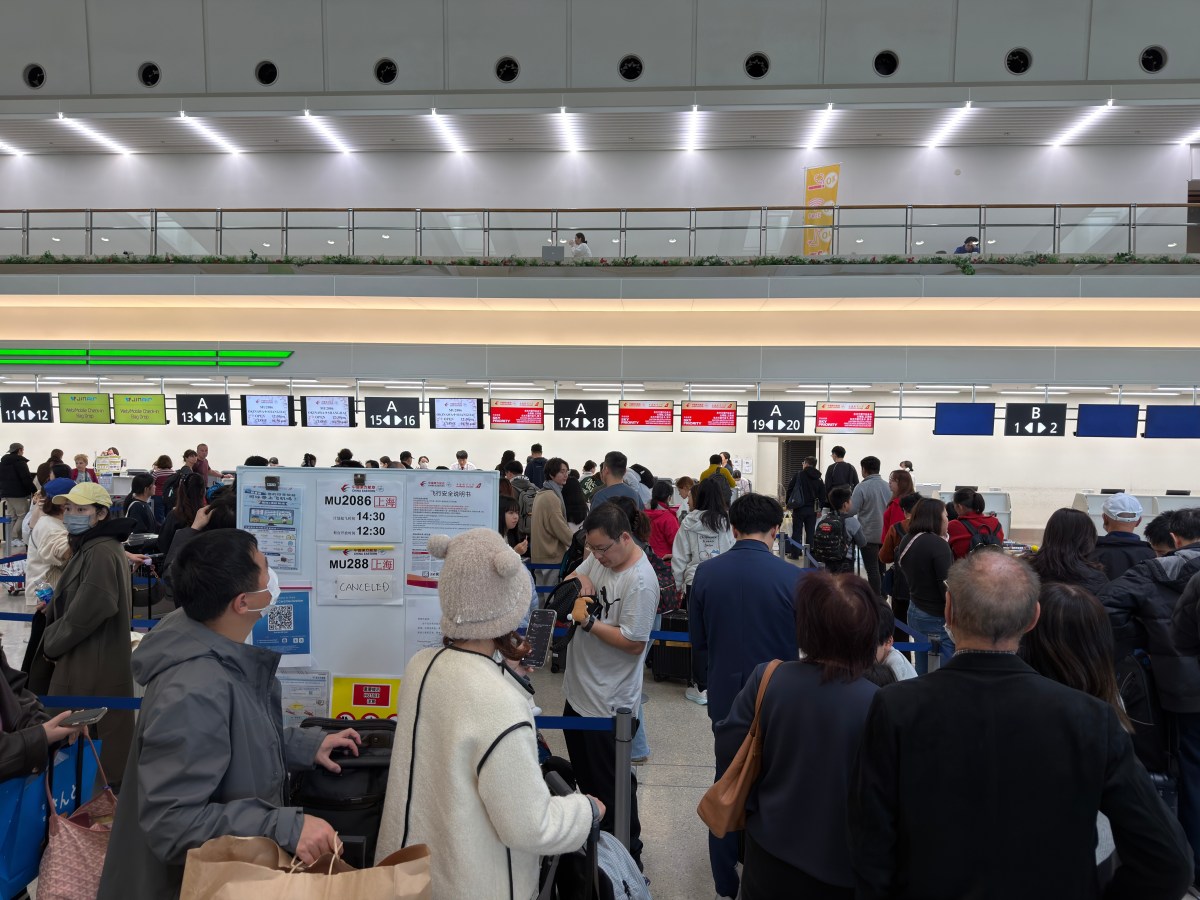Alan Singer, professor of education, is featured in a USA Today article about the historical significance and observation of Juneteenth.
The article notes that Juneteenth marks the day the last African American slaves were notified that they had been freed from their masters, according to the National Museum of African American History and Culture.
Dr. Singer said that during this time, an estimated 250,000 people were kept enslaved in Texas despite the Emancipation Proclamation, issued by President Abraham Lincoln on Jan 1, 1863.
While Juneteenth is becoming more widely known and understood, Dr. Singer explained that there was a time when Black History was not widely discussed within the educational system.
“I didn’t learn it (until) I was an adult, really (in the) 1990s, when as a teacher, I started studying more, so I (could) incorporate it into my lessons,” he said. “I went to City College in the 1960s, and they had first introduced a course called ‘American Negro History’ and that was the first time I had learned about any of these things. I took the course because I became a political activist while at City College and I needed to know more about the African American civil rights struggles.”
Alan Singer is a Professor of Teaching, Learning and Technology. He is available to speak with media - simply click on his icon now to arrange an interview today.





